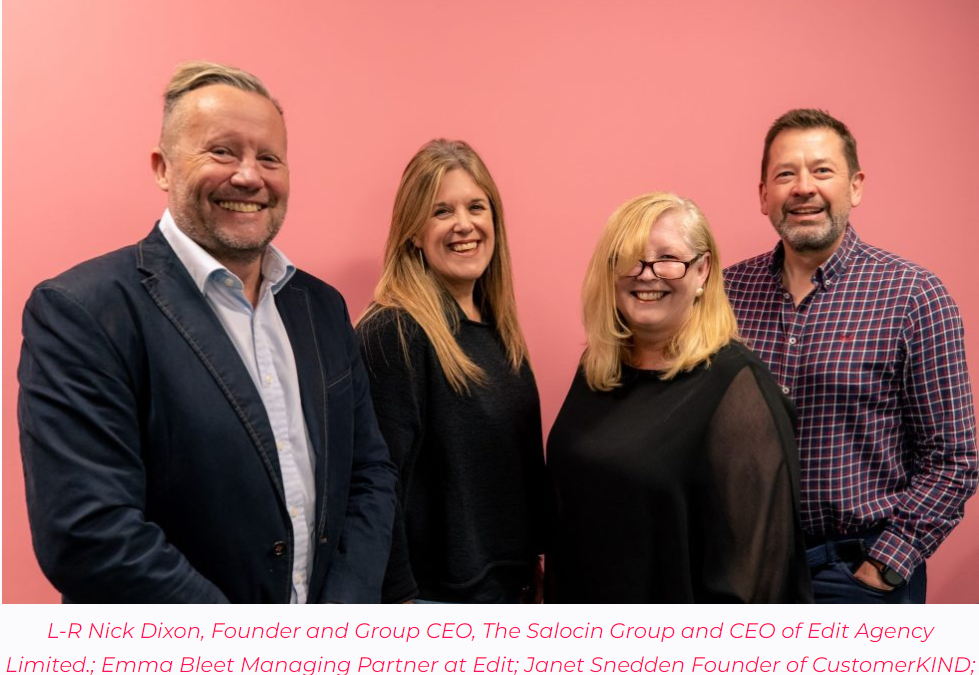For those of us who have a love-hate relationship with Pret A Manger – love the food and drink, hate the realisation of how much you’ve spent with them – the latest news that the coffee and food-to-go chain is starting a subscription service is of interest. Members can get drinks up to five times a day for £20 a month and Pret can secure a guaranteed income.
This comes as a direct response to the effect COVID-19 has had on Pret’s revenue. At Edit, we expected brands to turn to subscriptions when the recession hit. But, given the additional effects of the pandemic, how successful should we expect subscription services to be?
Spending on subscriptions
According to research from TopCashBack.co.uk, the average Brit now spends £55 a month on subscriptions and more than half of Brits have three or more monthly subscriptions on the go. Many probably couldn’t imagine their life without Netflix, Amazon Prime or, particularly in lockdown, recipe boxes such as HelloFresh. Subscriptions are convenient, they can help to reduce mental load by removing the need to make purchasing decisions – they’re easy and can be enjoyable.
There are also many reasons why subscriptions benefit both customers and businesses over and above a one-time purchase. Many subscription services offer the chance for a free or heavily discounted trial period, giving the customer the opportunity to see if the product is right for them and giving businesses potential leads to nurture through to lifetime members.
For items that no one enjoys buying – I’m looking at you, toilet paper – it’s easy for subscriptions to demonstrate the clear value they add by delivering necessities frequently and can lead to customers sticking with one brand for longer thanks to convenience. In times of prosperity, the “set and forget” mindset makes subscriptions attractive.
How the recession affects subscriptions
But recessions can disrupt this way of thinking. The search terms ‘cancel subscription’ and ‘cancel direct debit’ saw a noticeable spike in the first few weeks of lockdown, where it became clear how severe the economic effects of coronavirus could be in the UK. Customers were not only searching for how to pause or cancel memberships that they could no longer use, such as gyms, but were also weighing up whether the ones they could still use were worth it.
This highlights the inherent opportunity cost with subscriptions in recessions. As a customer, do I forego the ease of a weekly recipe box for the money saved by popping to Lidl? Would the money I spend on beauty boxes and wine be better spent as a direct debit straight into my savings account?
How to stand out: strong CRM
And this is where businesses without a strong CRM strategy begin to crumble. In a recession, and particularly in one that goes hand-in-hand with a global pandemic, customers scrutinise their money and the businesses that take it. Here are some questions to ask to help reduce the likelihood of customers ending their relationship with your brand:
- Why should people buy from you?
Something has gone wrong if customers are asking why they bought something from you in the first place. Ensure that the key reasons for buying are prominent on your website and advertising. Consider adding them to your packaging or invoices so that the customer is given a reminder when receiving their product.
- Are customers aware of everything you do?
The more features of a subscription membership there are, the more likely it is that your customers don’t know about them all. Analyse the features that are used the least and test communications that put them front and centre. If you already speak about them a lot and they’re still not used, ask yourself whether that feature is really necessary and consider replacing with something more useful.
- Do customers know you care?
Have you thanked your customers for continuing to purchase with you? Showing you value their business by offering something extra, or even just sending a heartfelt note, can work wonders for brand sentiment. You can also find ways to understand what a customer’s reasons for purchasing from you are. For example, if you offer a product that is more sustainable and environmentally-conscious than your competitors, and your research indicates this is a key value for your customer, use your communications to demonstrate that alignment.
Recessions inevitably come with casualties. In some cases, there is nothing a brand can say or do to prevent losing a customer that has lost their job or needs to decrease their outgoings drastically. At times like these, brands need to find their heart. Making it difficult for someone to leave their subscription or sending aggressive emails about paying up will do nothing for your brand’s reputation. Look into options for pausing accounts for a couple of months, and consider your customer service strategy for those in challenging situations. Treat them well; they may come back to you when things are on the up.










